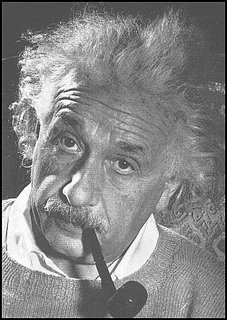Death of Ivan Illych - Leo Tolstoy - My Review

I have seldom read literature where authors can get into a person's head quite the way Leo Tolstoy does. I read, "The Death of Ivan Illych" with the ever present sense of dread. Even so, I could not put it down. I am amazed at the kind of detail Tolstoy delivered - even with such a short story.
I typically like longer novels but, "The Death of Ivan Illych" took only what was necessary to tell the story.
The great, Western American writer, Wallace Stegner, on discussing the craft of writing fiction stated that there are times when a writer may not have sufficient experience surrounding a topic. His advice was that such times call for improvisation.
Having read Elisabeth Kübler-Ross' "On Death and Dying,' I was impressed at how closely Tolstoy came to describing what Kübler-Ross discerned from her scientific research.
In the second half of the book, I couldn't help but think about my father who died nearly four years ago after his own three year long battle with Stomach Cancer. Ivan Illych conjured up difficult memories for me and, despite the pain, it was a touching reminder which caused me to contemplate the very real possibility that my Dad went through a similar experience as he dealt with his own mortality.
It is my understanding that Leo Tolstoy's own end of life story eerily reminisced what he wrote about 23 years before he actually died. I believe Ivan Illych turned out to be a gift - not only to the world - but to Tolstoy himself in that it afforded him an opportunity to explore the phenomena of Human Beings dealing with death. This lends support to my claim that what distinguishes great writers is their ability to tap into Humanity's collective consciousness.
In that way, Oscar Wilde had it right in his anti mimesis argument; Life really does imitate art. Moreover, the hallmark of great literature is that it offers something more than high-level entertainment. It dares to explore phenomena that are universal in nature, contextually accurate and even far ahead of the research only because the writers dare to imagine.
While it is a given that certain rules regarding mechanics, syntax, timing, voice and other issues of the craft associated with writing are essential, baseline requirements for effective communication, it is the art of applying scrutiny and inventiveness that impels gifted writers to do what they do best; they dare to imagine.
Injecting such nuance makes them capable of transcending both time and space. Such words, like launched arrows develop a trajectory independent of the archer - In Tolstoy's case, posterity has borne out the accuracy of his aim regarding the Human condition.




0 Comments:
Post a Comment
<< Home